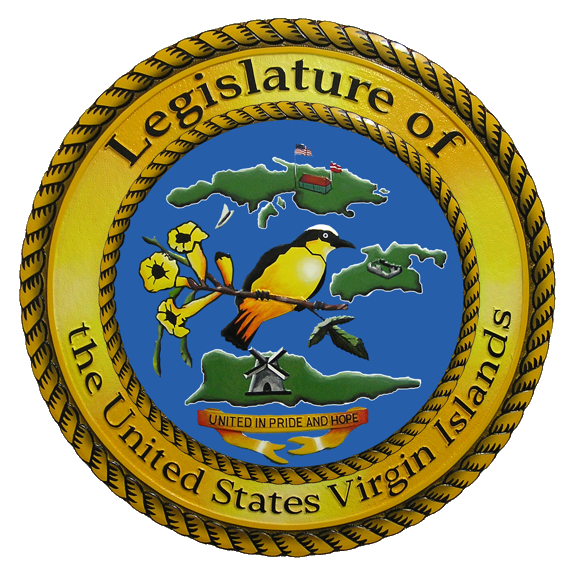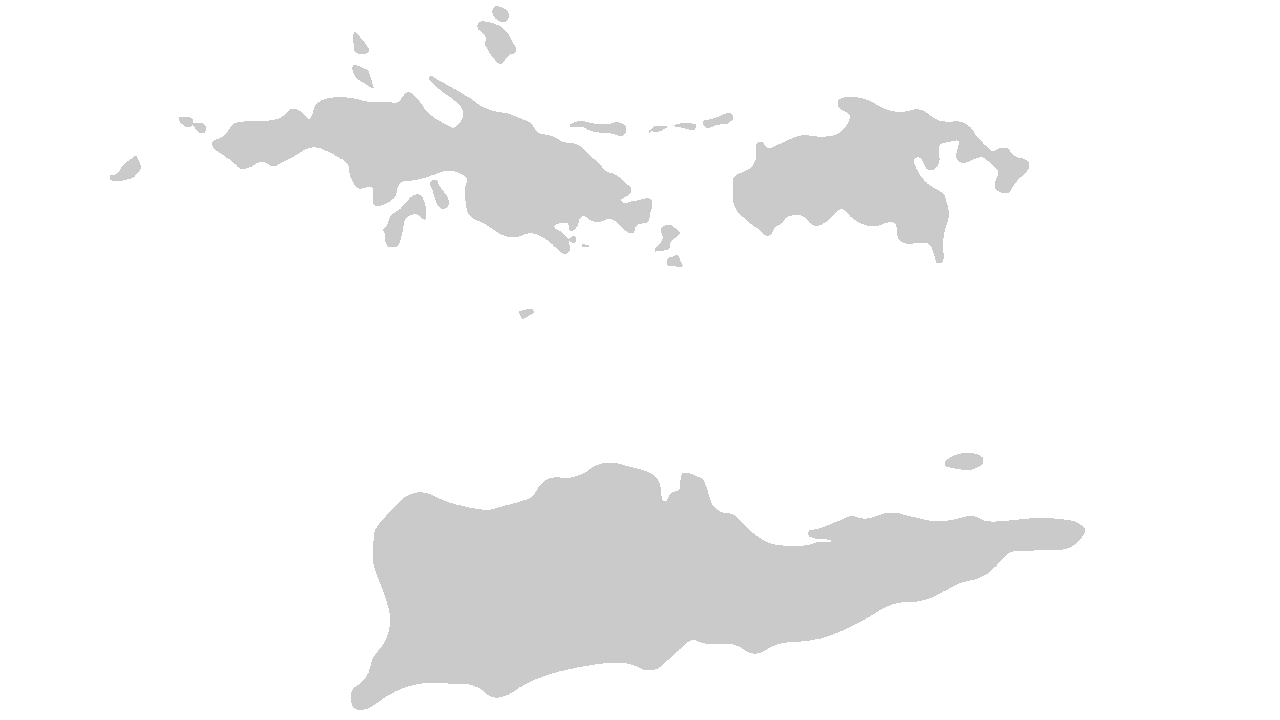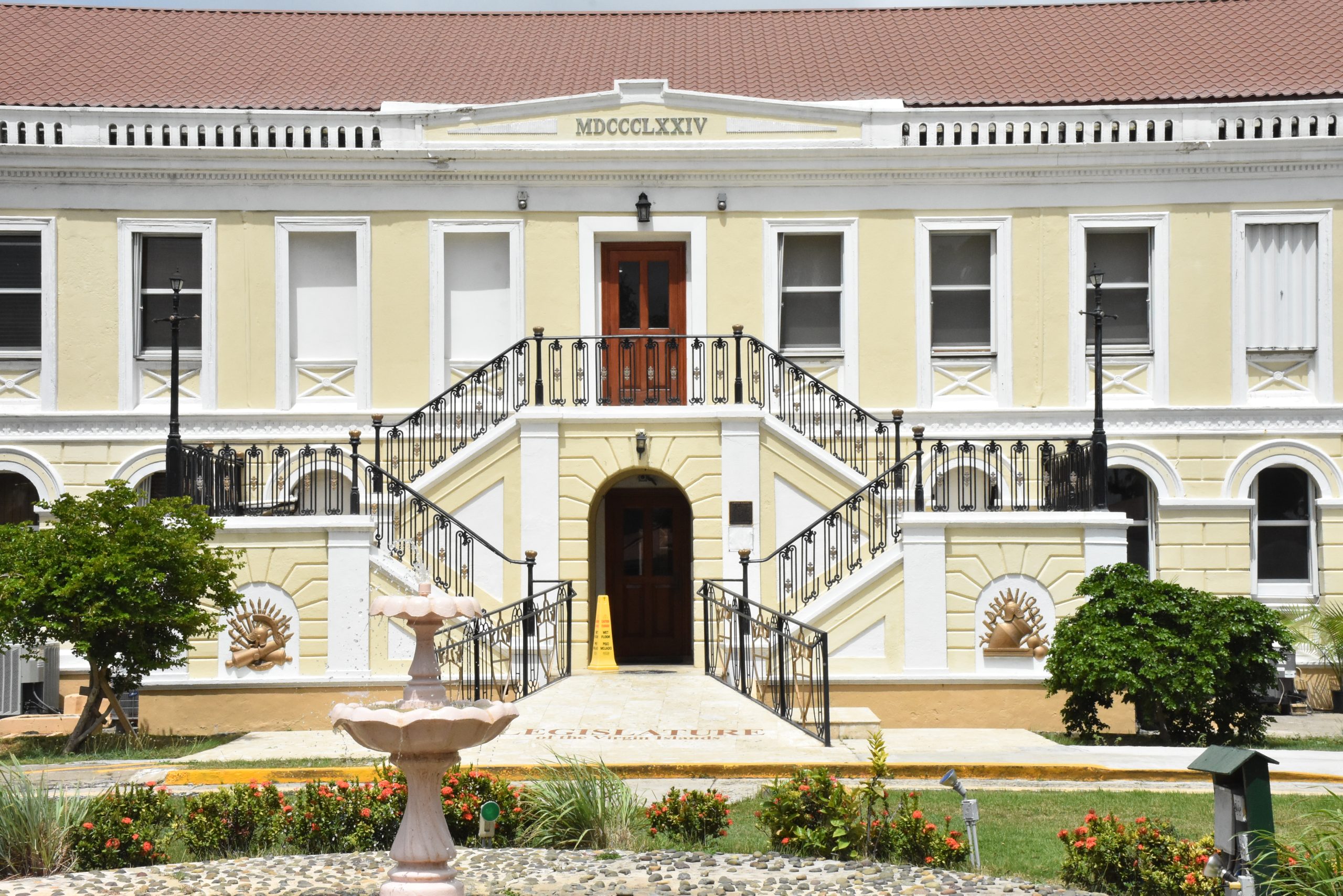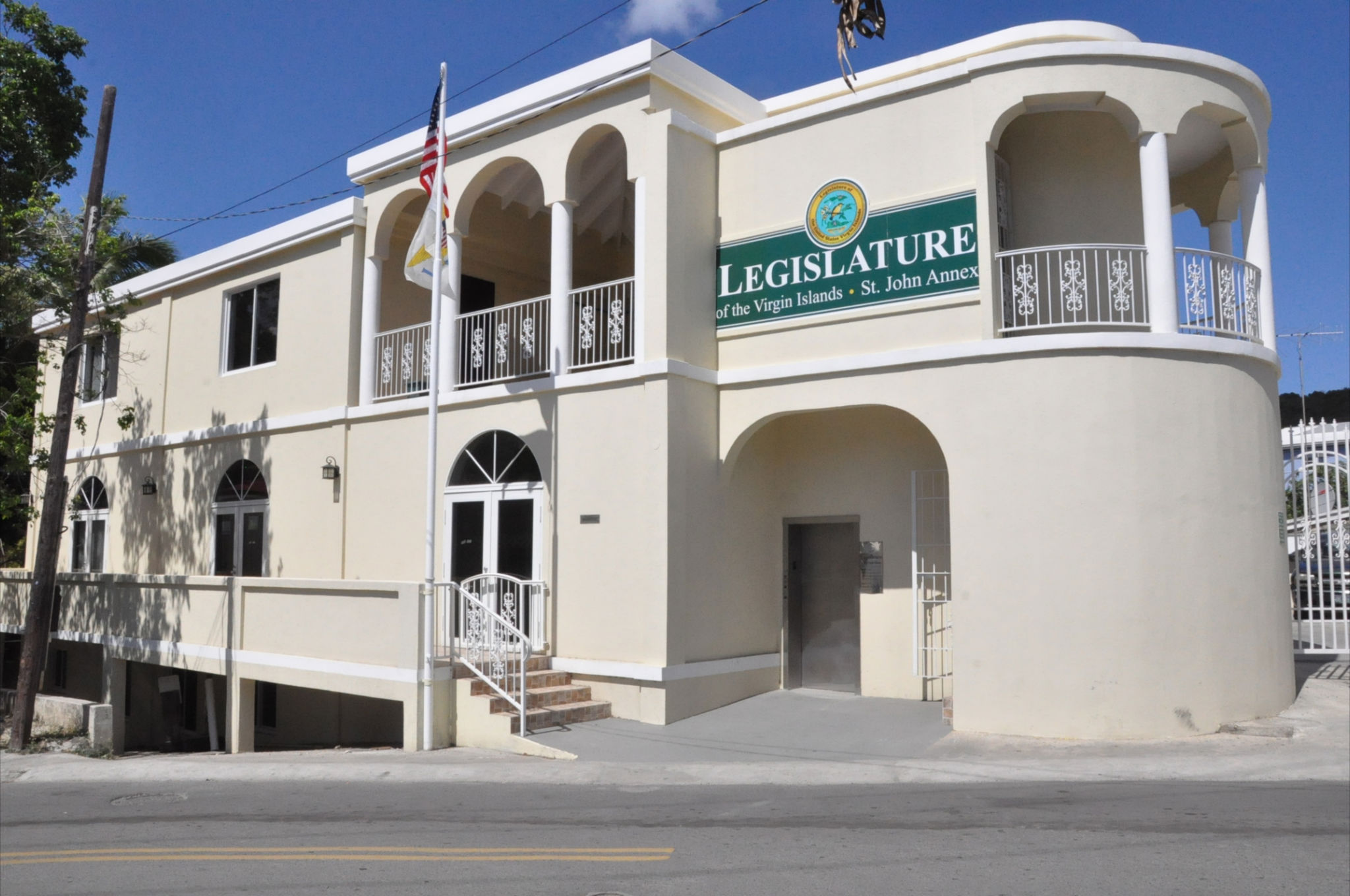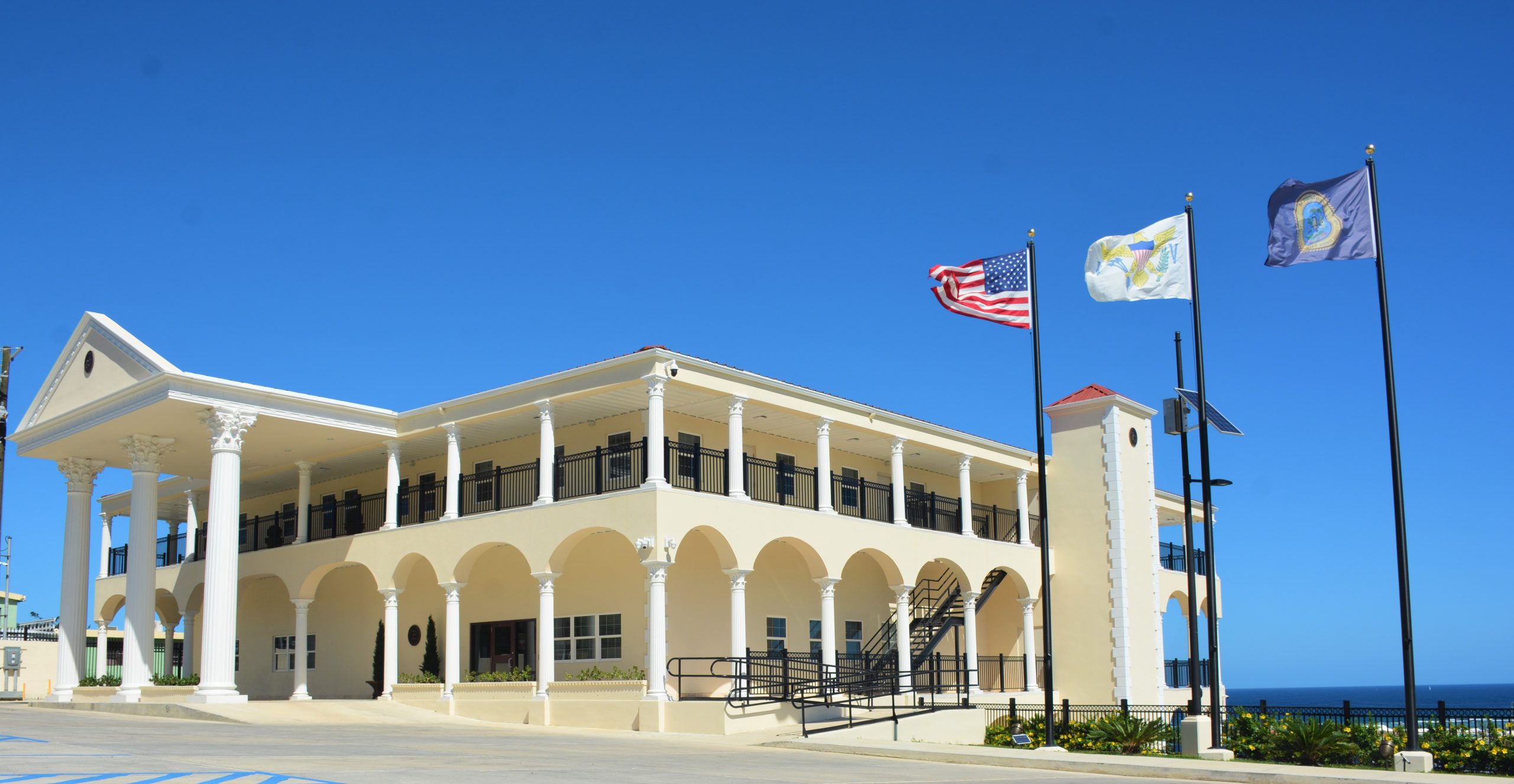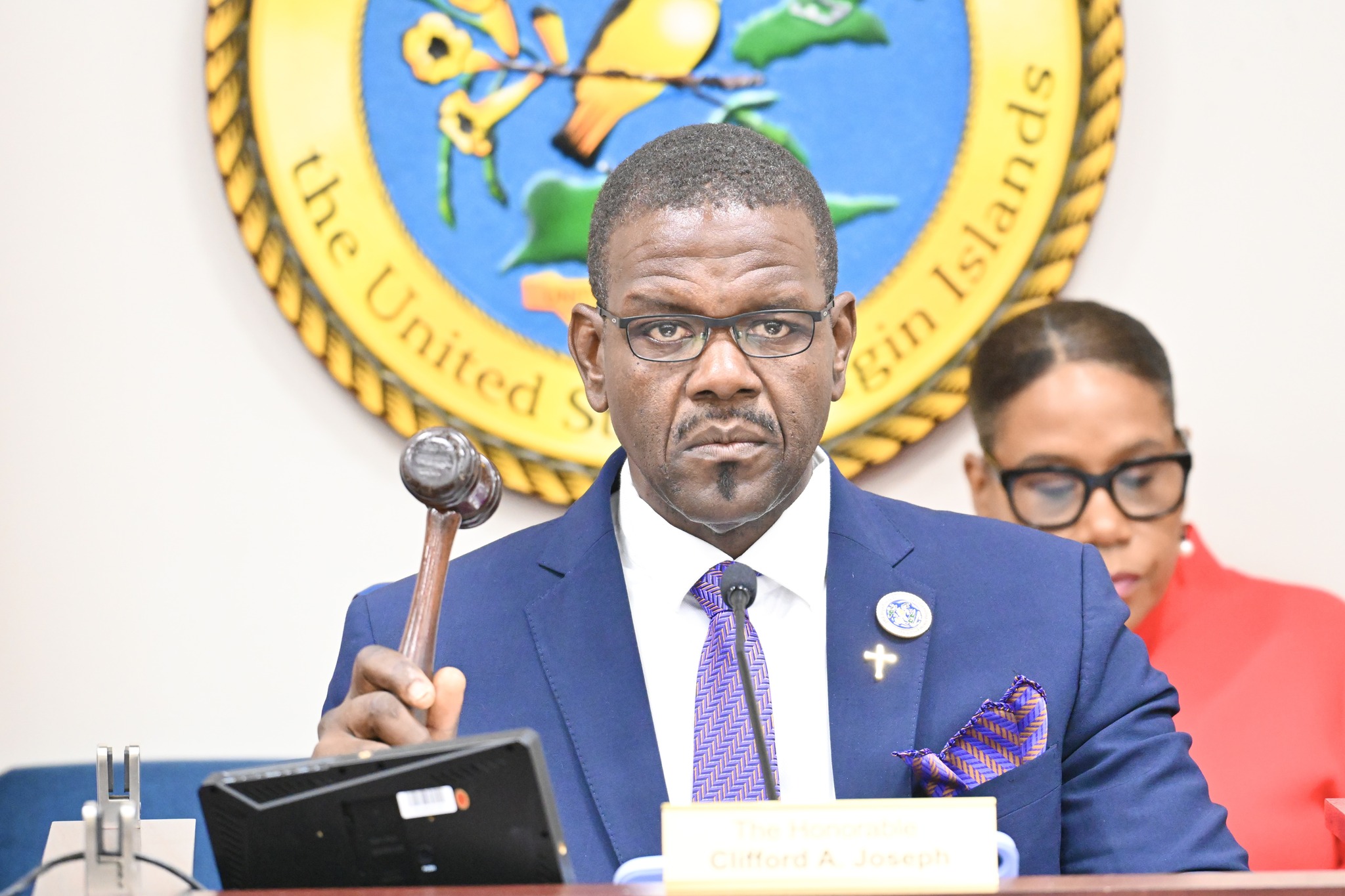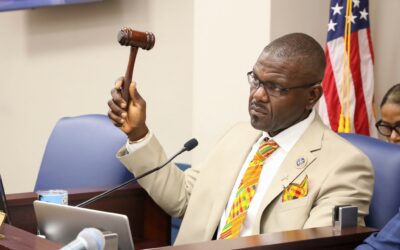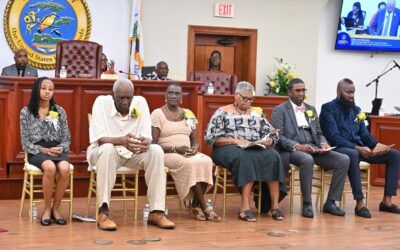ST. CROIX, VI – The 36th Legislature of the Virgin Islands’ Committee on Homeland Security, Justice, and Public Safety, led by Senator Clifford A. Joseph, Sr, met in the Frits E. Lawaetz Legislative Conference Room. Lawmakers considered measures to define and prohibit assault rifles, prohibit the sale of THC products, prohibit impaired driving while operating a commercial vehicle, and mandating dangerous weapons training for security guards and investigators. Approved items on today’s agenda will be forwarded to the Committee on Rules and Judiciary for further consideration and action.
Lawmakers considered Bill No. 36-0144, an act amending Title 14 Virgin Islands Code, chapter 113 to define and prohibit assault rifles, ban suppressors and silencers, and requiring safety training for licensed rifles and shotgun holders, prohibiting large-capacity magazines and preventing the illegal sales of firearms, firearm accessories, and ammunition. The measure was sponsored by Senator Clifford A. Joseph, Sr.
Sean Santos Sr., Assistant Commissioner of the Virgin Islands Police Department spoke in favor of the proposed measure. Santos stated that the measure fits within the Supreme Court’s Second Amendment Framework and has been reinforced by recent appellate decisions. The Supreme Court has long recognized that the Second amendment protects firearms “in common use” for lawful purposes and allows restrictions on “dangerous and unusual” weapons. Santos did suggest that instead of outright banning of firearms that they should be restricted to specific lawful purposes such as home protection and target practice and licensed ranges. He recommended further amendments to existing laws that would limit manufacture, sale, and transfer for these permitted purposes, eliminate mandatory surrender provisions, and establish clear definitions, safety regulations, and stricter penalties for misuse.
Gordon C. Rhea, Esq., Attorney General of the United States Virgin Islands also spoke in favor of the proposed measure. Rhea stated firearms have had a significant role in criminal activities in the territory and emphasised the fact that the firearms are not made in the Virgin Islands, stating that most firearms are either legally or illegally imported into the territory. Rhea voiced support for the measure’s provision that would ban large capacity magazines, citing their frequent use in major mass shootings in the United States mainland, and highlighting similar measures that have been passed in various states. Rhea reminded the body that the proposed measure would not infringe on lawful gun ownership but aimed to reduce the danger posed by high-capacity magazines. According to Rhea, current licensing regulations on the territory already favor magazines of 10 rounds or less, aligning with the proposed measure. After further discussion, the proposed measure was voted upon favorably.
Senators then considered Bill No. 36-0105, An act amending title 7 Virgin Islands Code, chapter 13, subchapter III by prohibiting the possession, sale, or manufacture of tetrahydrocannabinolic acid, delta-6 THC, delta-8 THC, and delta- 10 THC products in the Virgin Islands and for other related purposes. The measure was sponsored by Senator Clifford A. Joseph, Sr.
Justa Encarnacion, Commissioner of the Virgin Islands Department of Health delivered testimony in support of the proposed measure. Encarnacion stated that the substances are often marketed as legal substances to cannabis pose significant health risks, including adverse effects, contamination, addiction, and dangers to children due to misleading packaging. Delta-8 THC has been classified as an unapproved food additive. The proposed measure has aligned with similar measures throughout the mainland United States, to restrict synthetic THC derivatives, which aim to protect residents from unregulated and potentially harmful products. Encarnacion stated that due to a lack of a federal oversight, local action is urgent and necessary.
Horace Graham, Assistant Commissioner of the Department of Licensing and Consumer Affairs also spoke in favor of the proposed measure. However, Graham recommended that the bills definitional edits should be replaced with a comprehensive framework, which included refining definitions for chemically converted and intoxicating cannabinoids, expanding enforcement authority beyond the Industrial Hemp Commission to include DLCA, DOH, VIPD and empowering agencies to seize and dispose of non-compliant products. Graham emphasized the need for standards around product testing, labelling, and packaging to ensure transparency and youth exposure. The Department proposed establishing a formal appeal process for license revocation and implementing a strict age restriction of 21 years, including ID Verification for all purchases and record keeping requirements for all retailers.
Sean Santos Sr., Assistant Commissioner of the Virgin Islands Police Department spoke in favor of the proposed measure. Santos stated that National Data suggests that Delta-8 THC and other derivatives have not been evaluated for approve for safe use and or often marketed in ways that put public health at risk. Between December 2020 and February 2022, the FDA received over 100 reports of adverse effects from Delta-8 THC products, including hallucinations, vomiting, tremors, anxiety, dizziness, confusion, and loss of consciousness. Of these cases, 55% of them required medical intervention, and 41% of them involved children or adolescents. In one-year, National Poison Control Centers received over 600 calls related to Delta-8 THC exposure, with 39% involving children under 18 years old. Santos said that the current framework of the bill vests enforcement with the Industrial Hemp Commission, which is currently understaffed. He requested that enforcement of the measure be shared across the Virgin Islands Police Department, the Department of Licensing and Consumer Affairs the Department of Health, and the Industrial Hemp Commission.
Patricia Lynn Pryor, Acting Deputy Attorney General of the United States Virgin Islands stated that the Attorney General had no position on the proposed measure, but agreed that it is important to develop stronger regulations governing cannabis and hemp-derived products, particularly those that pose health risk to minors. Pryor voiced the important of age-gating, rigorous testing, and clear labelling standards, which would align with the views of the Office of Cannabis Regulation. Pryor did voice concern about regulatory overlap and legal inconsistences between the Virgin Islands Cannabis Use Act. Pryor urged the body to clarify the statutes and ensure that the OCR and the Industrial Hemp Commission work collaboratively to implement new regulations.
Riise Richards, Deputy Commissioner of the Department of Agriculture, and Chair of the Hemp Commission voiced support for the measure. Richards voiced the historical and industrial significance of hemp, which is distinct from recreational cannabis, and praised the effort to formally exclude psychoactive cannabinoids from the legal definition of hemp. Richards did state that the bill lacked references to the Cannabis Use Act and Office of Cannabis Regulation which could lead to regulatory confusion between Title 7 and Title 19 of the Virgin Islands Code. Additionally, Richards voiced concerns over enforce capacity, budget limitations, and the absence of a local testing laboratory, which could hinder effective oversight. Richards urged the body to strengthens the measure with necessary amendments.
Lawmakers also considered Bill No. 36-0123, an act amending title 20 Virgin Islands Code, part II, chapter 43, subchapter I, section 493 making it unlawful for a person who has 0.04 percent or more, by weight, of alcohol in his blood to operate a commercial motor vehicle, and making it unlawful for a person under the age of 21 years who has any detectable amount of alcohol in his blood, to operate a motor vehicle. The measure was sponsored by Senator Ray Fonseca.
Gordon Rhea, Attorney General of the United States Virgin Islands voiced support for the measure. Rhea stated that while federal regulations like the Commercial Motor Vehicle Act of 1986 do not directly apply to US territories, aligning local laws with federal standards enhances public safety, promotes legal consistency, and avoids potential conflicts under the Supremacy Clause of the US Constitution. Rhea emphasized that commercial vehicles pose greater risks due to their size, and the implementation of a stricter BAC is a prudent public safety measure. Rhea also addressed the importance of zero tolerance laws for underage drivers, mentioning that most US States enforce BAC limits between 0.00 and 0.02% for individuals under 21, in compliance with the National Minium Drinking Age Act of 1984. Rhea stated that there are no legal barriers to the Virgin Islands adopting similar standards, and that doing so would ensure alignment with federal standards.
Daphne O’ Neal, Director of Highway Safety at the Virgin Islands Police Department supported the measure. O’Neal stated that between Fiscal Year 2020 and July 31, 2025, a total of 435 drivers were involved in crashes following drug or alcohol use in the territory. 81.9% of DUI drivers in the territory were male. Middle aged and older adults between the ages of 35-55 were the demographic mostly charged with DUI offenses at 73.25%. Those between 16-20 made up 1.3% of the offenses. In Fiscal Year 2023, the territory recorded 1 alcohol impaired fatality. There were no DUI related fatalities in FY 2024. One DUI fatality was recorded to date in FY 2025. The bill proposes two key provisions to enhance public safety, which include lowering the per-se BAC limit for commercial motor vehicle operators to 0.00% and establishing a zero-tolerance rule for drivers under the age of 21. The proposed measure was voted upon favorably.
Senators also considered Bill No. 36-0136, an act amending title 23 Virgin Islands Code, chapter 17, subchapter II by adding new sections 1331 through 1336 mandating lethal weapon training for security guards and investigators. The measure was sponsored by Senator Avery L. Lewis.
Gordon Rhea, Attorney General of the United States Virgin Islands acknowledged the importance of the proposed legislation. Rhea said that while states and territories usually have autonomy in setting firearm training standards, common requirements usually include background checks, age limits, fingerprinting, and recertification. Rhea commended the framework of the measure, which outlines training requirements, certification procedures, and the role of the Virgin Islands Police Department’s Commissioner. Rhea did voice concerns, stating that the measure lacked specific legal standards and key licensing criteria necessary for effective implementation. Rhea recommended that language should be changed to clarify the role of approved training schools and suggested that subsections 8 and 9 be reorganised to follow subjection 3.
Gleston McIntosh Jr, Executive Director of the Virgin Islands Peace Officer Standards and Training Council voiced support for the measure. McIntosh stated that private security professionals are often the first responders to incidents, and they must often make split second decisions that can affect lives. Currently Private investigators and security guards are not held to the same standards of sworn peace officers who undergo rigorous POST certified academy training. The bill would establish mandatory training, and certification programs in lethal weapon handling, law enforcement practices, and protection of citizens’ rights. McIntosh stated that this training would ensure that weapons are handled safely and responsibly, reduce the likelihood of negligent discharges or unlawful use of firearms, provide security professionals with training in de-escalation, decision making under stress, and conditional protection and would increase public trust that private security officers are properly vetted, trained and certified.
Sean Santos, Assistant Commissioner of the Virgin Islands Police Department voiced support for the measure. Santos said that while security guards often serve as first responders after incidents, their training is inconsistent and inadequate and could pose a risk to the public and the guards themselves. Santos stated that the bill could improve decision making, reduce liability and build a professional, trustworthy security workforce. After further discussion, the measure was voted upon favorably.
Senators present at today’s Committee meeting included Clifford A. Joseph, Sr., Ray Fonseca, Dwayne M. Degraff, Novelle E. Francis. Jr., Marise C. James, Franklin D. Johnson, Avery L. Lewis, and Milton E. Potter.
The Division of Public Affairs is committed to providing the community with accurate information on legislative proceedings and other events at the Legislature of the Virgin Islands. Visit legvi.org.
####
